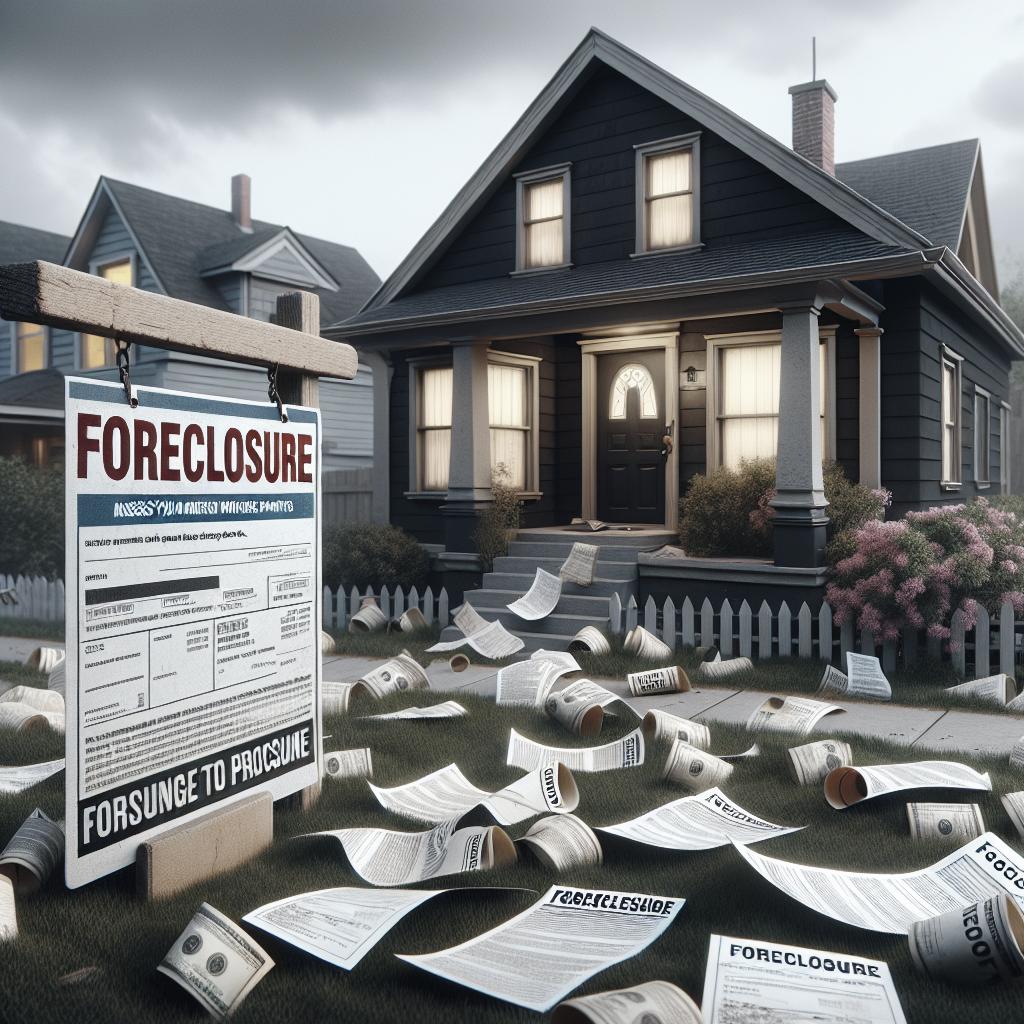html
How Long to Keep Home Sale Documents
In the world of real estate, transactions are often accompanied by a myriad of documents – from purchase agreements to closing statements. Keeping track of these documents post-sale is crucial, not just for financial record-keeping, but also for legal and tax purposes. This blog post will guide you on how long you should retain various types of home sale documents. We will delve into different retention periods based on the nature and purpose of the document, categorized into several sections for clarity. By understanding these timelines, you can ensure that you are well-prepared for any future requirements or queries that may arise.
Know the Proper Protocols
When it comes to document retention, understanding the correct protocols can save you from legal troubles and unnecessary headaches down the road. Different documents related to your home sale come with varying guidelines for how long they should be retained. It is important that homeowners familiarize themselves with these protocols to avoid disposing of crucial records prematurely.
Generally speaking, the retention period for housing documents is dictated by their relevance to tax, legal proceedings, or personal reference. Knowing proper protocols means acknowledging the document lifecycle, recognizing its importance, and appropriately archiving it, or when possible, digitizing for easier access.
For 6 Months or Less
Certain documents pertaining to the sale of your home might only be needed for a short period of up to six months. These include receipts and invoices from minor repairs or refurbishments you’ve made prior to closing the sale. They are often useful only until the home sale process is complete and are typically short-term concerns unless disputes arise.
Additionally, documents like temporary property insurance certificates fall into this category. They need only be kept until you’ve ensured that comprehensive, long-term policies have been adopted and fully documented. Disposing of these promptly after use helps reduce clutter and the potential for confusion with more critical documents.
For 3 Years
Several home sale documents should be kept for a minimum of three years, primarily for tax purposes. Tax regulations often require certain documentation in the event of an audit, and it’s prudent to retain all items associated with costs leading to sales profits, such as closing statements and home improvement records, for this duration.
Another important document to maintain for at least three years post-sale is the Homeowner’s Warranty. It ensures coverage in case issues arise a year or two after the sale, protecting both buyers and sellers from unexpected repair costs contingent on agreements made during the sale.
For 6 Years
Documentation like home inspection reports, mortgage payoff statements, and title transfer documents should be stored for up to six years. These documents are especially crucial as they can serve as defense tools should any disputes arise regarding the state of the home during the sale or conditions agreed upon before closing.
By securely keeping them for this longer period, homeowners ensure they are covered through a reasonable time frame should legal challenges occur. Six years provide a window during which potential miscommunications or misrepresentations can be mediated or rectified with the original documents.
For as Long as the Document is Valid or Until it is Replaced
Some documents require indefinite retention or should be kept until they are explicitly replaced. This includes deeds and mortgage paperwork while the loan is active; the latter primarily applicable if you still hold any secondary financing agreements after the home sale.
The reason for holding these until invalid or superseded is their perpetual requirement for proving property ownership history. As long as these documents are relevant, they provide security and clarity in verifying possession rights and transactional history.
For the Period Covered by a Contract, Warranty or Certificate
Keep any documentation that is connected to warranties, service agreements, or any similar certificate for as long as these contracts are valid. For instance, warranties for appliances or contractual obligations regarding home improvements should be archived for quick reference.
These documents become indispensable when claims against defects or performance failures need to be processed. Not maintaining them for the warranty period could cost significantly more than the burden of storing them safely over the years.
For Life
There are documents that should essentially be kept for life, particularly those defining long-term financial or ownership interests. Chief among these are property deeds, transfer documents, and any legal agreements finalize the ownership transitions.
Lifetime retention provides a definitive trail should any discrepancies arise much later – often referred to during estate planning or resolving inheritance disputes. Secure storage of these fundamental documents is critical in ensuring peace of mind and future clarity.
Are You Having Problems with Government of Québec Services?
If you are encountering difficulties accessing Government of Québec services, particularly regarding home sales or tax documentation, there are recommended steps to take. Begin by contacting the relevant department directly through available online portals or help lines provided for citizen inquiries.
Moreover, consult the Government of Québec’s official website for up-to-date information on required home sale document retention, particularly if legal troubles arise or if there are discrepancies regarding tax evaluations. Remember that regional tax authorities may have specific guidelines, so staying informed is crucial.
Related Posts
• How to Organize Your Personal Documents Effectively
• Common Mistakes to Avoid in Real Estate Transactions
• Understanding Tax Implications of Selling Your Home
Future Prospects
| Document Category | Suggested Retention Period |
|---|---|
| Minor Repair Receipts | 6 Months or Less |
| Tax-related Documents | 3 Years |
| Inspection and Mortgage Payoff Statements | 6 Years |
| Property Deeds, Key Contracts | For Life |
| Warranties and Service Contracts | For the Period Covered by Warranty |


